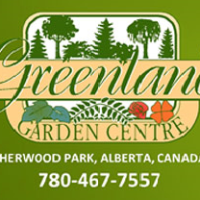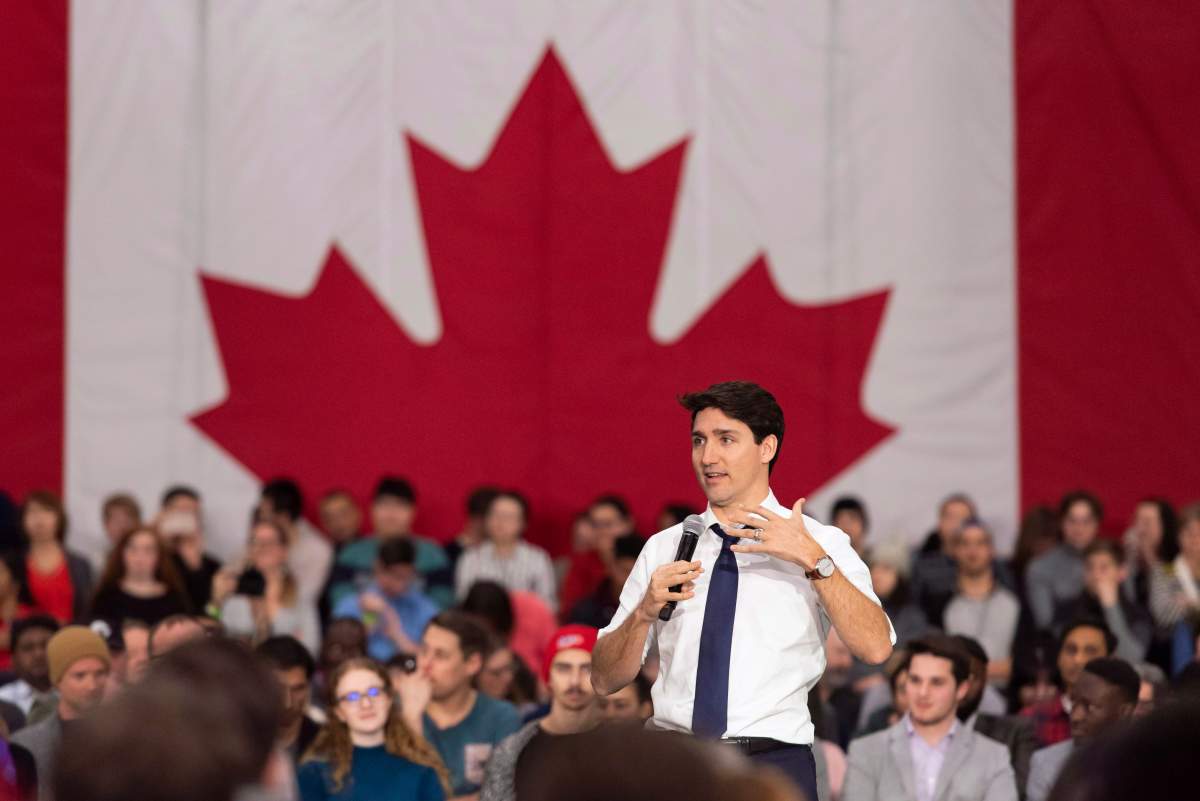As an exercise in useful dialogue, policy explanation, addressing real needs and expressed frustration and anger over a Western Canadian oil industry in Ottawa-engineered distress, Thursday night’s latest incarnation of a Justin Trudeau town hall chat at the University of Regina served what purpose?

Sure, the Prime Minister didn’t repeat his “we can’t shut down the oilsands tomorrow. We need to phase them out” muttering at a January 2017 Peterborough, Ont., town hall, but he said nothing which would fundamentally serve to encourage the energy sector, as well as re-energize foreign investment interest.
Mr. Trudeau listened to one man’s expressed concerns over Christian-Muslim relations within Canada and replied with his usual speech vague about the values of immigration, “regular” and “irregular.”
Watch: moments from the Regina town hall
The Prime Minister should have dealt head-on with the question. He didn’t. Instead, there were minutes of rambling non-specific review of Canada’s immigration history.
Not dissimilar to a previous Edmonton town hall when another man clearly questioned Trudeau on his opinion of and approach to Canadians who had left this nation to join the vicious terror organization ISIS, individuals now attempting to trickle back into Canada.

The question was “I need to know how you’re going to protect future Canadians like my young daughter, 10. Fifteen years from now when you’re letting people in with an ideology that just doesn’t conform to what we’re doing here.”

Get daily National news
The question had nothing to do with regular and long-standing Canadian immigration initiatives or policies.
Yet, another lengthy ramble from Trudeau followed, quite similar to what was heard Thursday night in Regina, including “one of the reasons Canada is successful as a country is because we have been open to people fleeing persecution, fleeing war zones, looking for a better life. Trudeau continued, “when we welcomed in waves of refugees — whether it was the Ismaili refugees in the early ’70s, whether it was the Vietnamese boat people in the early ’80s, whether it was people fleeing the devastation of the Second World War … our country is much better for it.”
Trudeau was comparing ISIS terrorists returning to Canada with people escaping Nazism in World War II.
This angered Senator Leo Housakos sufficiently to challenge Justin Trudeau on the floor of the Canadian Senate.
Senator Housakos declared he was “very troubled” by Trudeau’s response to the question posed at the Edmonton town hall, saying “the Prime Minister responded by comparing returning ISIS fighters, responsible for beheadings, burning people alive, sexual slavery, throwing men over rooftop buildings because they are gay, just to name a few of their atrocities, with immigrants historically welcomed to Canada from countries such as Greece, Italy and Portugal. I come from a cradle of that community. My parents both immigrated to this country in the 1950s and they were outraged to hear that from the Prime Minister.”
On the core issue facing Western Canada, Trudeau might have spoken to the matter of much-needed foreign investment in the oil sector.
The Canadian Prime Minister might have taken the opportunity to assure Susan Johns, a U.K.- based fund manager, who in a 2018 note wrote to Trudeau “moving forward, I hope your government will start to recognize the numerous issues that are affecting Canada’s energy sector, and do everything in its power to support an industry which has benefited Canadian prosperity for a long period of time. It is hard for me to watch such a vibrant industry being strangled by regulation, carbon taxes and the inability of producers to get their product to world markets.”
Trudeau could have reached out to Darren Peers, an analyst and investor at Los Angeles-based Capital research, a US$1.7 trillion fund, who also sent a note to Trudeau last November, critical of the federal government’s allowing Canada’s energy competitiveness to lag,
Well, at least Mr. Trudeau didn’t revisit “why are we fighting against certain veterans groups in court? Because they’re asking for more than we’re able to give right now.” A related question would have been of interest though.
Roy Green hosts The Roy Green Show on Global News Radio each weekend. Stream past episodes on demand and subscribe to his podcast.


















Comments